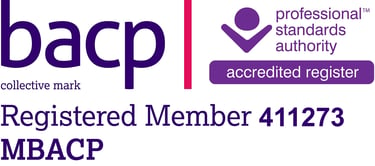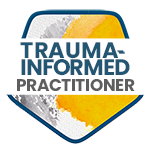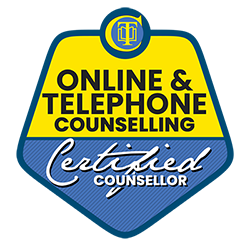Understanding Survivor Guilt After Beating Cancer: Navigating Your Journey to Fulfillment
Skyla Counselling
5/1/20252 min read


What is Survivor Guilt?
Survivor guilt is a complex emotional experience that may arise after overcoming significant life challenges, such as cancer. Individuals who have faced a life-threatening illness often find themselves grappling with a unique set of feelings once they have emerged victorious. For many, the joy of recovery is overshadowed by an overwhelming sense of guilt, particularly when they see others still fighting similar battles. This phenomenon can lead to a paradox where a survivor feels undeserving of happiness and struggles to live life to the fullest.
The Impact of Survivor Guilt on Quality of Life
Survivor guilt can significantly affect how those who have beat cancer engage with their daily lives. After treatment, survivors may feel a constant pressure to appear grateful or happy, reinforcing the belief that they should not complain or express negative emotions. This internalised expectation can cultivate a sense of isolation, leading to frustration and sadness when they do not meet these societal standards.
A cancer survivor might experience emotional turbulence, feeling conflicted about their own joy while others continue to endure pain. This emotional discord can interfere with social interactions, relationships, and even personal achievements, leading individuals to live in the shadow of their experiences instead of stepping into the light of their new lease on life.
Seeking Professional Counselling as a Path to Healing
One effective method for addressing survivor guilt is seeking professional counselling. Trained therapists can help individuals process these complex emotions, offering a safe space where thoughts and feelings can be explored without judgment. Therapy can assist patients in understanding why they feel guilty and help reframe these emotions in a way that acknowledges their journey.
Through counselling, survivors can learn coping strategies that allow them to express their emotions freely, leading to a healthier perspective on their lives post-cancer. Therapists can discuss techniques to help individuals to understand their harmful thought patterns associated with guilt, and cultivate a more balanced outlook on happiness and gratitude.
Moreover, therapy can also improve the survivor's connection with loved ones. By articulating feelings of guilt and learning to communicate these emotions, survivors can foster deeper relationships that are more supportive and understanding. The support system can be instrumental in helping individuals feel less alone in their journey.
As one navigates through survivor guilt, it's imperative to recognise that healing is a process that requires patience and self-compassion. By seeking professional guidance, cancer survivors can begin to reconcile their past experiences with their desire to embrace life fully—ultimately transforming guilt into a catalyst for living authentically and joyfully.









